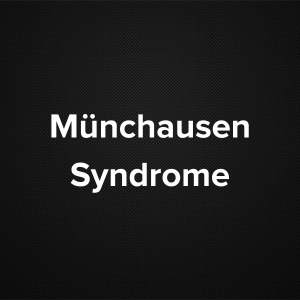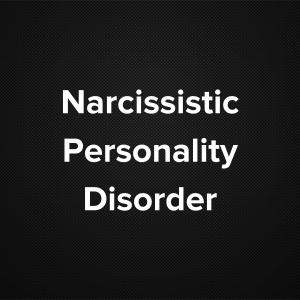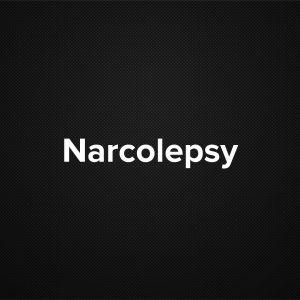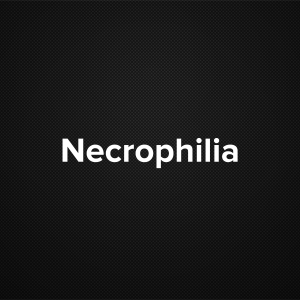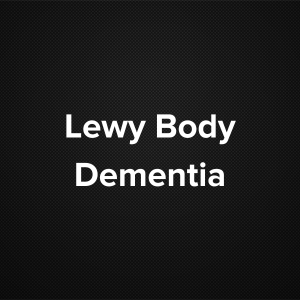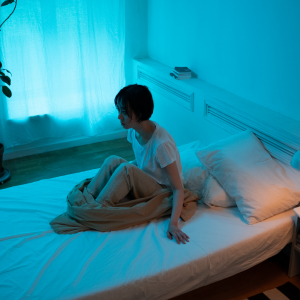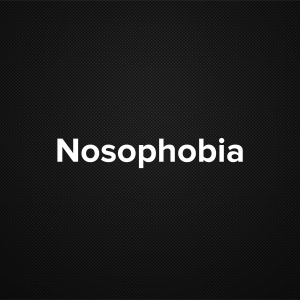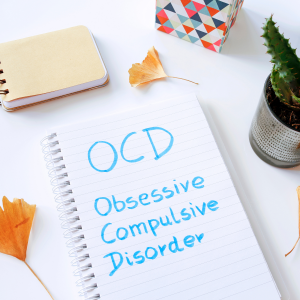Causes and risk factors
The exact cause of schizophrenia is not known. It is believed to be caused due to a complex group of genetic, psychological, and environmental factors. Difference in brain structure, chemical changes in CNS, problems in neurotransmitters like glutamate and dopamine also contribute to the disease condition.
Clinical presentation
Schizophrenia is marked by hallucination and delusion along with positive and negative symptoms. There are 5 different types of schizophrenia paranoid, disorganized, catatonic, undifferentiated and residual. Specific types of schizophrenia are characterized by specific symptoms. In Paranoid schizophrenia the individual is preoccupied with one or more delusions [false beliefs such as of being persecuted] or many auditory hallucinations. However, their thinking, speech, and emotions remain normal. In Disorganized schizophrenia the person’s behaviour and speech is disorganized. They appear emotionless or childlike. Their ability to perform routine activities is hampered. Catatonic schizophrenia is characterized by primarily physical symptoms. These patients seem immobile, stiff, rigid and unwilling to move. They assume bizarre postures or grimaces. There is repeating of words or phrases. Patients also exhibit restless, purposeless activity. In Undifferentiated schizophrenia the individual does not possess clear picture of any other type of schizophrenia. In Residual schizophrenia the positive symptoms of schizophrenia [hallucinations, delusions etc.] are considerably less than when originally diagnosed. However, the negative symptoms are still present [e.g. blank looks, monotonous speech, inability to feel pleasure etc.]. The common symptoms of schizophrenia are positive symptoms like delusions, hallucinations, disorganized thinking, agitation, catatonia [the person becomes fixed in a single position for a very long time]. Negative symptoms include affective flattening i.e. emotional expression of the person is reduced. He has poor eye contact and very limited body language. Alogia i.e. speaking very little, giving brief replies in a monotonous voice is seen. Avolition i.e. inability to initiate and persist in goal-directed activities [school or work], lack of pleasure in everyday life, poor hygiene are observed.
Investigation
Medical history by the patient and psychological evaluation by the psychiatrist or psychotherapist helps in diagnosis. It is necessary to differentiate the disease from other psychological disorders such as personality disorder or bipolar disorder. Imaging studies such as MRI of brain may be useful for further evaluation and ruling out other causes.
Treatment
Psychotherapy is required for treating schizophrenia. It involves cognitive behavioural therapy, which teaches anger management techniques, relaxation techniques. Getting enough sleep helps keep a stable mood in some patients. Medications like anti psychotics, anti depressants, anti anxiety drugs, mood stabilizers help in treatment of the disease. Electroconvulsive therapy [ECT] may be used to treat schizophrenia. Individual and family counselling will also help in managing schizophrenia. Hospitalisation may be required in severe episodes of disease.
Other Modes of treatment
The other modes of treatment can also be effective in treating schizophrenia. Bach flower therapy gives very good results in treatment of schizophrenia. Homoeopathy is a science which deals with individualization considers a person in a holistic way. This science can be helpful in combating the symptoms. Similarly the ayurvedic system of medicine which uses herbal medicines and synthetic derivates are also found to be effective in treating schizophrenia.
Recent updates
A recent update shows that a gene linked with schizophrenia plays a major role in development of brain and may help to reveal the biological process of the disease, according to new research. Researchers say too much protein expressed by the NOS1AP gene, which has been associated with the disease, causes abnormalities in the structure of the brain and faulty connections between the nerve cells which prevent them from communicating properly.

